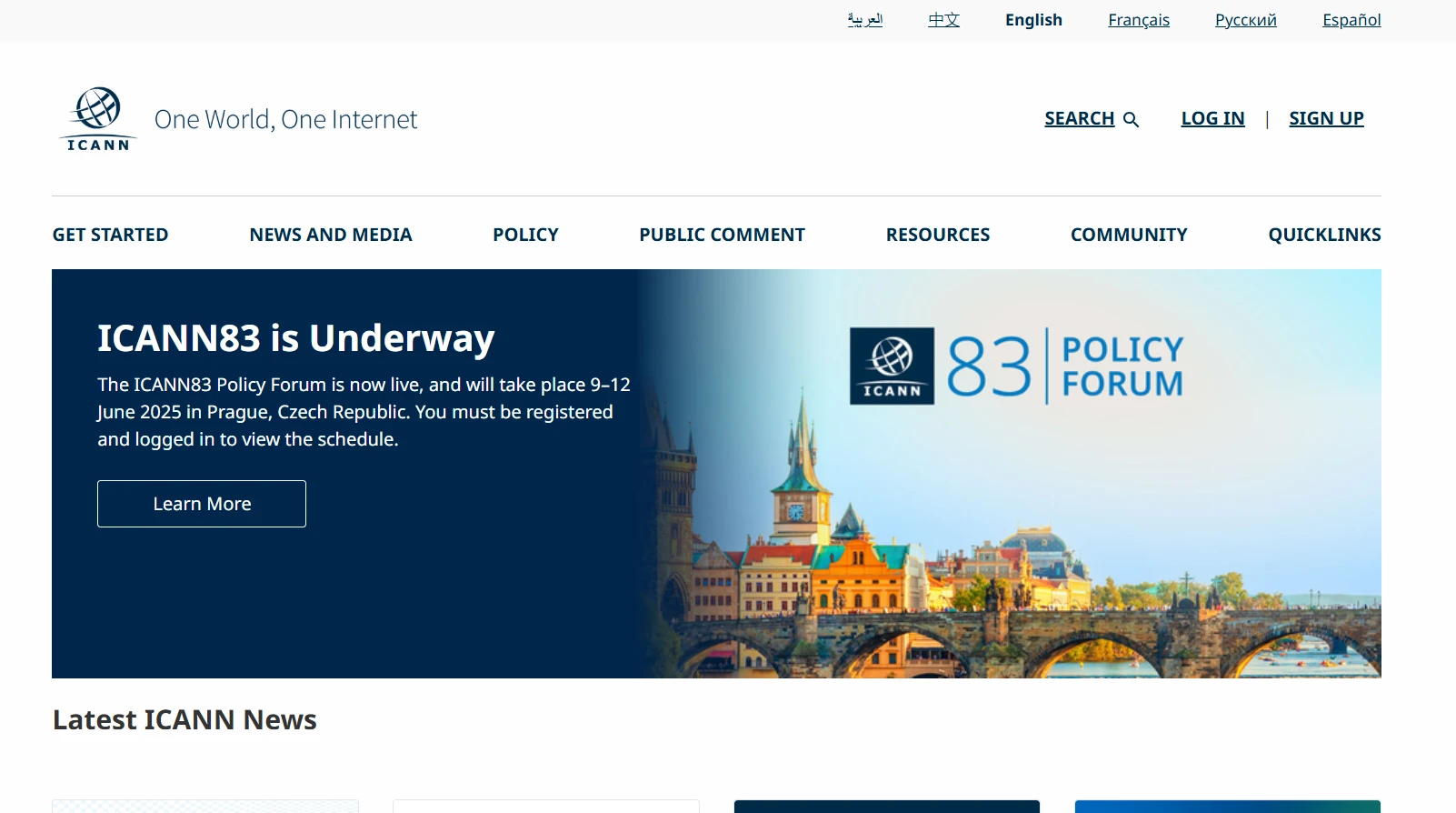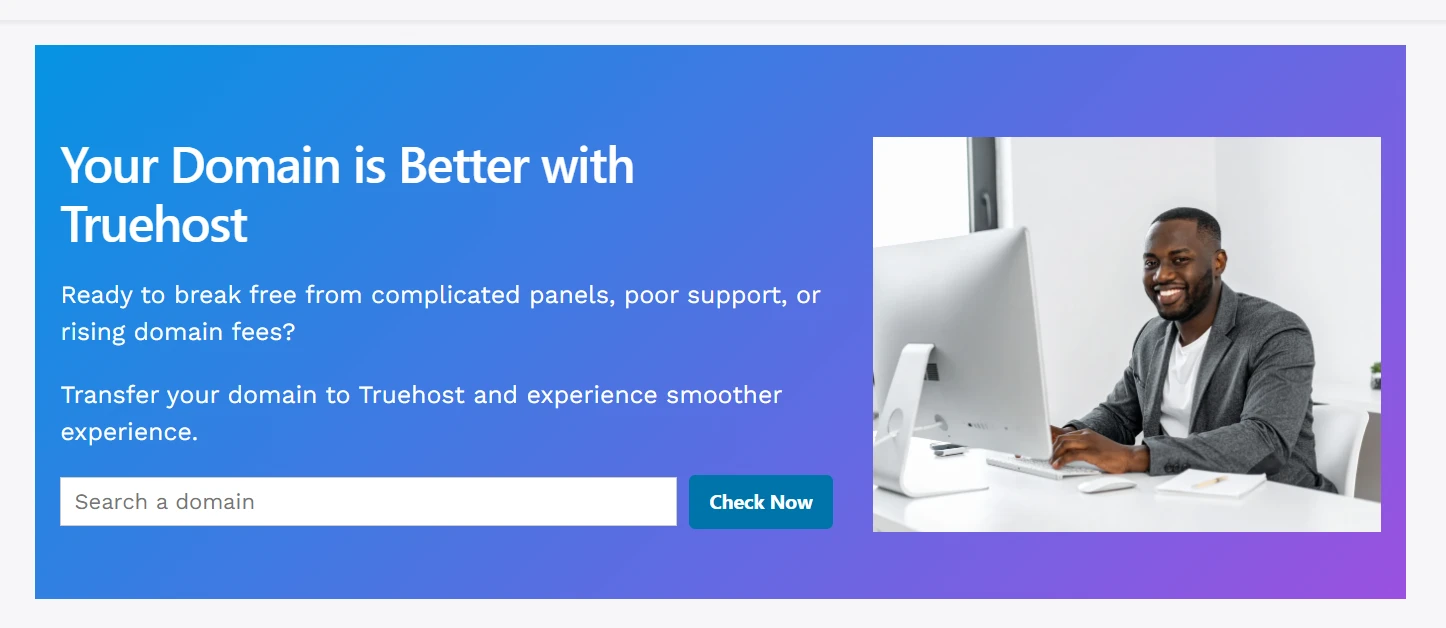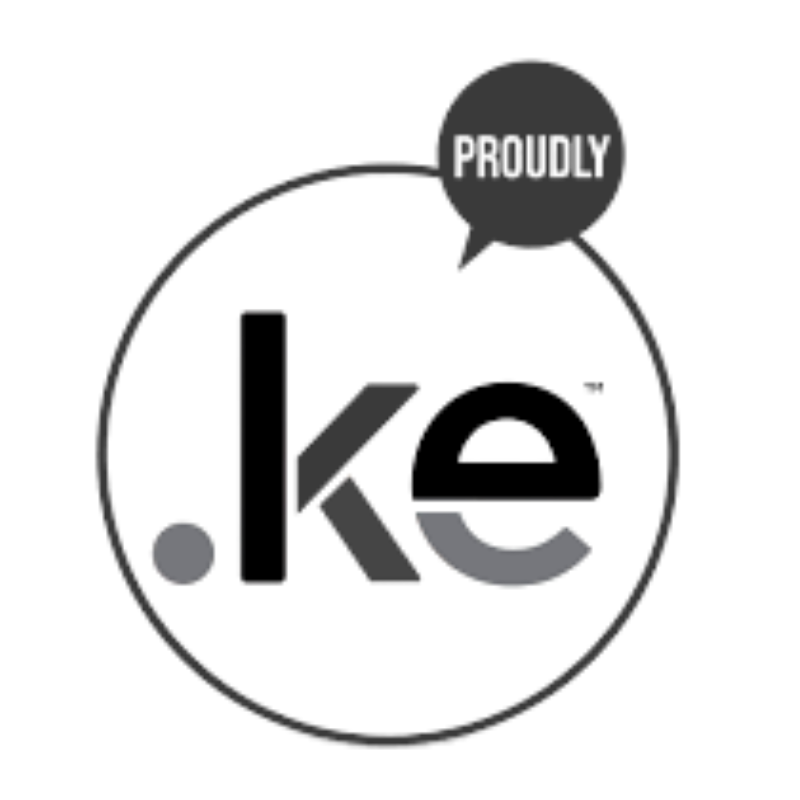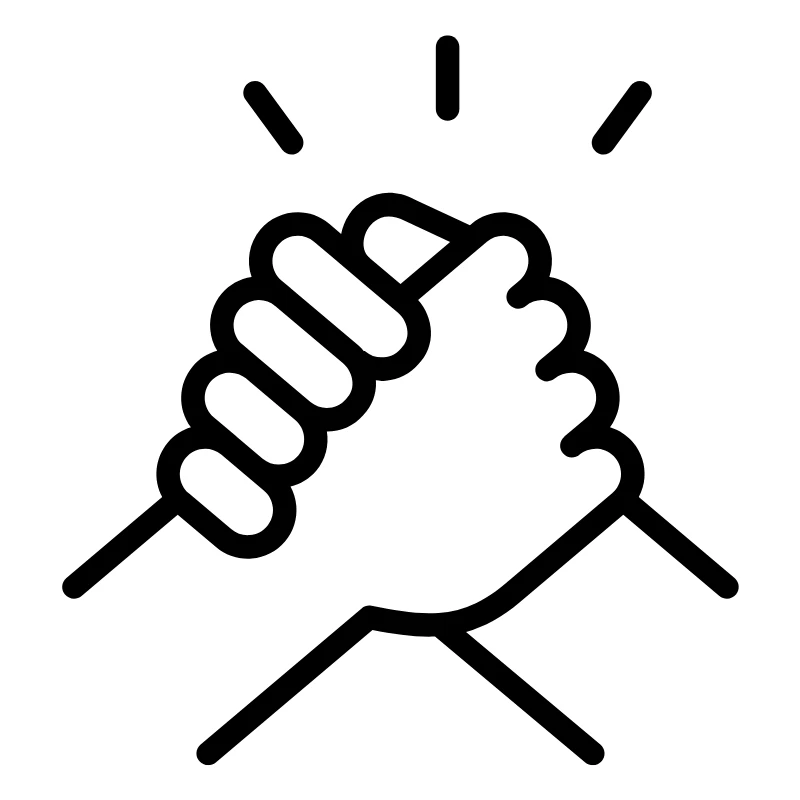Every second, websites load, emails get delivered, and servers sync worldwide. Behind this smooth experience is a quiet coordinator ensuring everything stays organized.
That’s ICANN — the invisible backbone of your online world.
You might never visit its website, but whenever you register a domain, visit a site, or send emails, ICANN is hard at work. It connects names to numbers, keeps digital addresses tidy, and ensures online traffic reaches the right place.
Let’s explore what ICANN is, what it does, and why it matters for anyone building or managing anything on the internet.
What is ICANN?

ICANN stands for Internet Corporation for Assigned Names and Numbers.
It’s a non‑profit organization that oversees critical systems keeping the internet running smoothly. Think of it as the digital traffic controller that manages domain names, IP addresses, DNS root zones, and more.
Without ICANN, the internet wouldn’t know:
- where to find your website
- how emails reach the right inbox
- which domain belongs to whom
- or how to avoid conflicts or security issues
In short, ICANN brings order to the global digital space.
What exactly does ICANN do?
1) It manages domain names
Every domain — like google.com, safaricom.co.ke, or org.africa — follows rules set by ICANN. It oversees:
- who can register a domain
- how domains are structured (e.g. .com, .net, .africa, .ke)
- how domain disputes are resolved
- the release of new domain extensions like
.techor.store
2) It allocates IP addresses
Just like your house has a street address, every device on the internet has a unique IP address. ICANN, through its IANA department, works with regional bodies like AFRINIC (Africa) to distribute these addresses fairly.
3) It manages the DNS root system
The DNS — or Domain Name System — is like the internet’s phonebook. ICANN controls the root zone, which is the top level that connects all domain names to their respective IP addresses. Without this, websites would be impossible to find.
4) It accredits registrars
Only ICANN-accredited registrars can legally sell and manage top level domains.
These include:
- Truehost Kenya
- GoDaddy
- Namecheap
- Google Domains
ICANN ensures these companies follow strict global rules and policies.
Where do you encounter ICANN?
Even if you’ve never been to icann.org, you’ve likely:
- received an email asking you to verify domain ownership
- transferred a domain and had to unlock it
- looked up WHOIS records for a domain
- had a domain expire and seen a warning
All these steps exist because of ICANN’s global policies.
When you register a domain through Truehost, for example, the verification email you receive is part of ICANN’s compliance process — it ensures the domain record is accurate and owned by a real person.
Key terms ICANN deals with (and what they mean)
| Term | What it means |
|---|---|
| Domain name | A human-readable web address like calc.ke or moneyspace.africa |
| TLD | Top-Level Domain — like .com, .org, .africa |
| Registrar | A company that sells domain names (e.g. Truehost) |
| Registry | The operator of a TLD (e.g. KeNIC for .ke) |
| WHOIS | A public record showing domain owner and contacts |
| DNS | Translates domain names into IP addresses |
| IANA | ICANN department managing IPs, root zones, and protocols |
ICANN vs IANA — what’s the difference?
ICANN is the parent organization.
IANA — the Internet Assigned Numbers Authority — is the technical division within ICANN. It’s the part that actually manages:
- IP blocks
- DNS root servers
- Protocol parameters
Why ICANN matters to you
Even if your website is just a blog or portfolio, ICANN plays a crucial role in:
- protecting your domain name from hijacking
- making sure your site doesn’t clash with someone else’s
- keeping the entire DNS system reliable and secure
- maintaining internet trust globally
- ensuring you can switch registrars or sell your domain

And it all happens without you needing to do anything — unless you skip verification or miss a renewal notice.
ICANN fees: What are they and who pays?
Most people never notice it, but ICANN charges a mandatory fee of $0.18 per domain per year.
This fee is usually included in the price you pay your registrar. So if your .com domain costs $10.99, that includes:
- a registrar fee
- a registry fee
- the $0.18 ICANN fee
Registrars are required to collect and remit this fee to ICANN. It helps fund their operations, global policy work, and maintenance of the DNS infrastructure.
About ICANN as an organization
Here’s a quick summary of what ICANN looks like internally.
| Item | Detail |
|---|---|
| Full name | Internet Corporation for Assigned Names and Numbers |
| Founded | 1998 |
| Headquarters | Los Angeles, California, USA |
| Website | https://icann.org |
| Structure | Multi-stakeholder, non-profit |
| Scope | Global — affects every domain worldwide |
Register and manage your domain the smart way
If you’re in Kenya — or anywhere in Africa — and want a reliable, ICANN-compliant registrar, start with Truehost Kenya.
You get:
- free DNS management
- domain ID protection (WHOIS privacy)
- fast registration and support
- local and international domains
- low prices, with no hidden ICANN fee surprises
Secure your domain with confidence — visit Truehost today.
Final thoughts
So, what is ICANN?
It’s not just an acronym buried in fine print. ICANN is the global manager of internet names and addresses — the one keeping domain chaos from happening.
Understanding ICANN gives you a stronger grip on your domain, your brand, and your digital identity.
Need help verifying your domain, checking a WHOIS record, or transferring your name? Let me know — I’ll help you sort it out.
 Domain SearchInstantly check and register your preferred domain name
Domain SearchInstantly check and register your preferred domain name Web Hosting
Web Hosting cPanel HostingHosting powered by cPanel (Most user friendly)
cPanel HostingHosting powered by cPanel (Most user friendly) KE Domains
KE Domains Reseller HostingStart your own hosting business without tech hustles
Reseller HostingStart your own hosting business without tech hustles Windows HostingOptimized for Windows-based applications and sites.
Windows HostingOptimized for Windows-based applications and sites. Free Domain
Free Domain Affiliate ProgramEarn commissions by referring customers to our platforms
Affiliate ProgramEarn commissions by referring customers to our platforms Free HostingTest our SSD Hosting for free, for life (1GB storage)
Free HostingTest our SSD Hosting for free, for life (1GB storage) Domain TransferMove your domain to us with zero downtime and full control
Domain TransferMove your domain to us with zero downtime and full control All DomainsBrowse and register domain extensions from around the world
All DomainsBrowse and register domain extensions from around the world .Com Domain
.Com Domain WhoisLook up domain ownership, expiry dates, and registrar information
WhoisLook up domain ownership, expiry dates, and registrar information VPS Hosting
VPS Hosting Managed VPSNon techy? Opt for fully managed VPS server
Managed VPSNon techy? Opt for fully managed VPS server Dedicated ServersEnjoy unmatched power and control with your own physical server.
Dedicated ServersEnjoy unmatched power and control with your own physical server. SupportOur support guides cover everything you need to know about our services
SupportOur support guides cover everything you need to know about our services